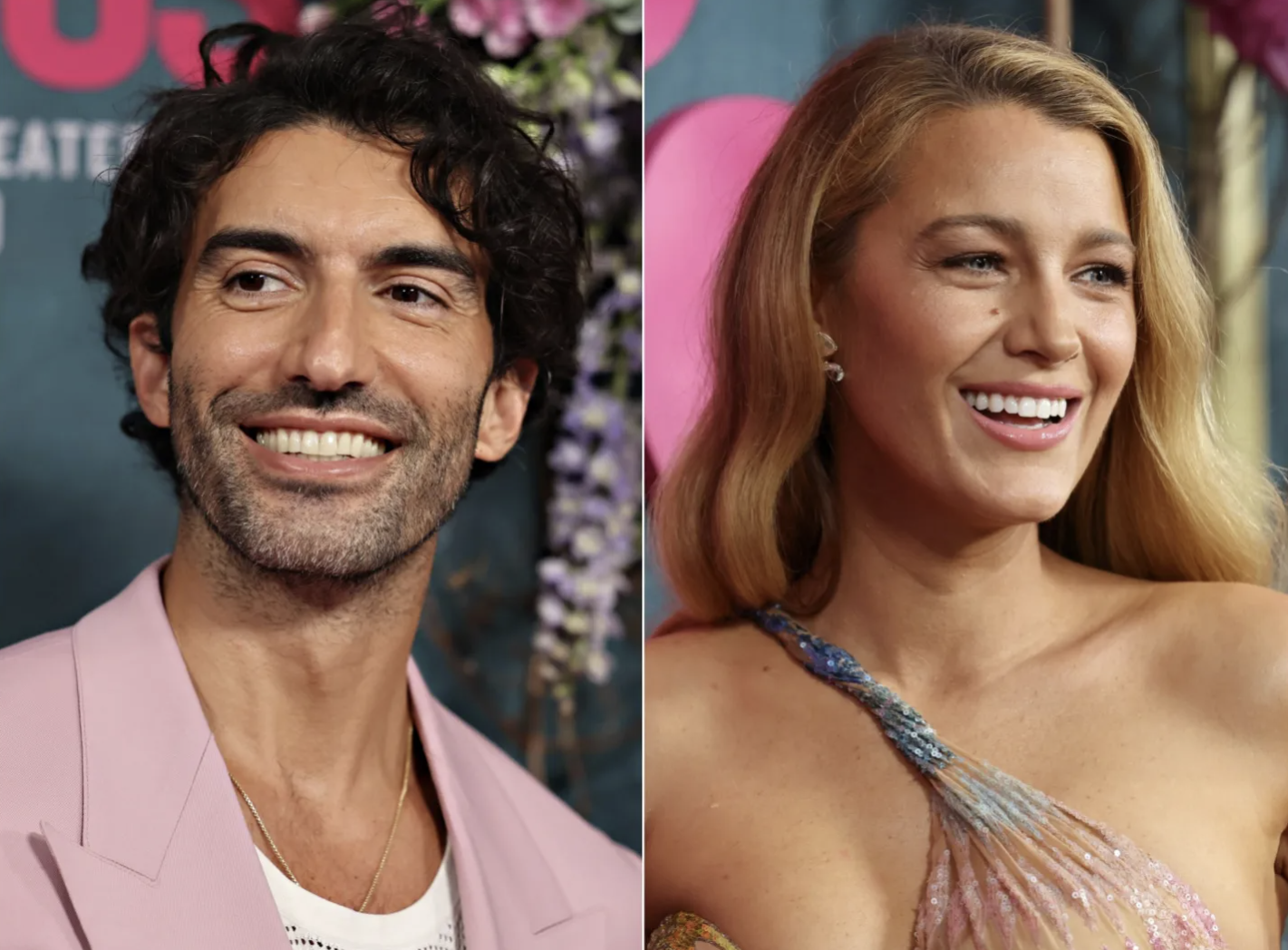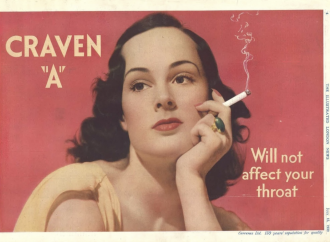It Ends With Us isn’t just another book-to-film adaptation. Colleen Hoover’s novel is a deeply emotional and raw exploration of domestic violence, a story that has touched millions of readers. So when news broke that the book was being turned into a film, expectations were understandably high. However, the film’s marketing campaign has stirred controversy,

It Ends With Us isn’t just another book-to-film adaptation. Colleen Hoover’s novel is a deeply emotional and raw exploration of domestic violence, a story that has touched millions of readers. So when news broke that the book was being turned into a film, expectations were understandably high. However, the film’s marketing campaign has stirred controversy, with many fans and industry experts criticizing it for being out of touch with the book’s serious themes. Let’s take a closer look at how the marketing strategy unfolded, its impact on different audiences, and what experts have to say about this PR failure.
The marketing campaign hit a rough patch early on in April 2024. The film’s promotional materials, including posters and trailers, seemed more suited for a light-hearted rom-com than a drama dealing with domestic violence. Blake Lively, the film’s lead actress, played a major role in promoting the film, sharing upbeat social media posts that were widely criticized for being tone-deaf. One post, in particular, where Lively encouraged fans to “grab your girlfriends and your florals” for a fun movie night, felt completely out of place given the film’s heavy subject matter.
By May 2024, the backlash intensified, especially on TikTok, where fans expressed their disappointment with the promotional materials. The hashtag #ItEndsWithUs began trending, and many TikTok creators, who were emotionally connected to the book’s themes, voiced their frustration. They couldn’t understand why a story about domestic violence was being promoted with such a carefree attitude. The situation worsened when creators started posting parody videos mocking the promotional tone, which quickly went viral and highlighted the disconnect between the film’s serious content and its marketing approach.
As the press tour began in June 2024, tensions between Blake Lively and Justin Baldoni, the film’s director and co-star, became apparent. Sources indicated that Lively and Baldoni had different ideas about how the film should be marketed. Baldoni, who had made it clear that he wanted to respect the experiences of domestic violence survivors, reportedly distanced himself from the more light-hearted promotional activities led by Lively. Baldoni’s absence from key promotional events, including the film’s New York premiere in August 2024, fueled speculation that there was a deeper issue at play. The media and fans noticed the divide, and some even pointed out that several cast members, including Colleen Hoover, didn’t follow Baldoni on social media, further adding to the tension.
The interviews that took place during the press tour only served to highlight the growing rift. In early August, Baldoni appeared on CBS Mornings and passionately discussed the importance of portraying domestic violence with the seriousness it deserves. Meanwhile, Lively’s interviews often focused on lighter topics, such as fashion and behind-the-scenes moments. In one interview, Lively’s comments about the “fun” she had on set were widely criticized, with many pointing out how inappropriate such remarks were, given the subject matter. This stark contrast in approach only added to the backlash, with many feeling that the marketing was failing to honor the film’s serious themes.
By August 2024, Colleen Hoover’s silence on the issue became noticeable. The author, usually very active on social media, especially on BookTok, refrained from commenting on the growing backlash. Her silence led to speculation that she wasn’t happy with the way her novel was being represented, and some fans even thought that Hoover’s silence aligned her more with Baldoni’s vision for the film. The controversy sparked wider discussions on BookTok about the challenges of adapting beloved books, especially when the topics are as sensitive as domestic violence.
The marketing blunders didn’t just create online noise—they had real consequences on how different audiences perceived the film. For long-time fans of the novel, who were hoping for a faithful adaptation that captured the book’s emotional depth, the promotional campaign was a letdown. The mismatch between the film’s tone and its marketing led to widespread disappointment, with many fans taking to social media to express their concerns. New viewers who hadn’t read the book were also at risk of being misled by the promotional materials. They might have expected a romantic comedy based on the campaign, only to be shocked by the film’s more serious content, potentially leading to negative word-of-mouth.
Industry professionals have also criticized the campaign, with Sarah Milstein, a senior marketing strategist, highlighting the importance of aligning a film’s marketing with its tone. Milstein pointed out that when dealing with sensitive topics, the promotional materials should reflect the film’s content to avoid alienating the core audience and undermining the story’s impact. Her comments reflect the broader consensus in the industry that the marketing for It Ends With Us was mishandled from the start.
The discord between the film’s stars and the differing visions for the marketing strategy created a perfect storm of bad publicity. This situation emphasizes the need for a unified approach when promoting a film, especially one dealing with serious subject matter like domestic violence. It shows just how critical it is for promotional strategies to be cohesive, particularly for films that tackle sensitive issues.
By late August, the fallout from the marketing missteps and internal conflicts had become significant. Reports suggested that there were strained relationships within the cast and marketing team, with some sources alleging miscommunication and last-minute changes to the campaign. These issues only added to the negative press coverage, overshadowing the film itself.
The marketing campaign for It Ends With Us serves as a cautionary tale, highlighting the importance of aligning promotional strategies with the film’s content. When dealing with serious topics like domestic violence, it’s crucial that the marketing reflects the gravity of the subject matter. The film’s promotion, plagued by tone-deaf decisions, internal tensions, and PR blunders, has unfortunately overshadowed the important message it was meant to convey. As the film’s release approaches, this marketing disaster should serve as a lesson for filmmakers and marketers to avoid similar mistakes in the future.

















Leave a Comment
Your email address will not be published. Required fields are marked with *